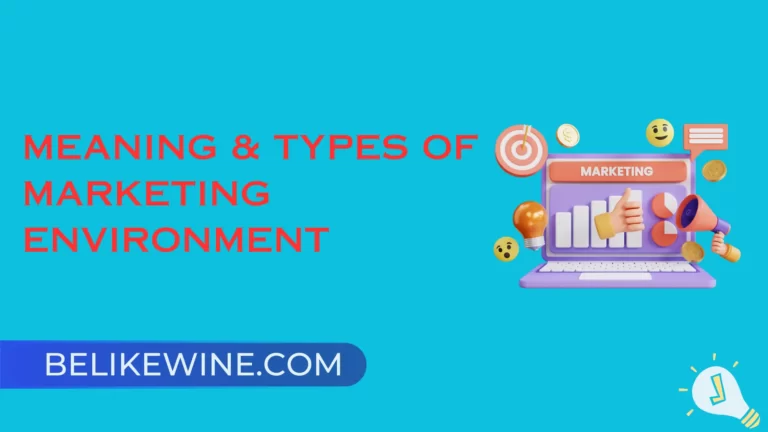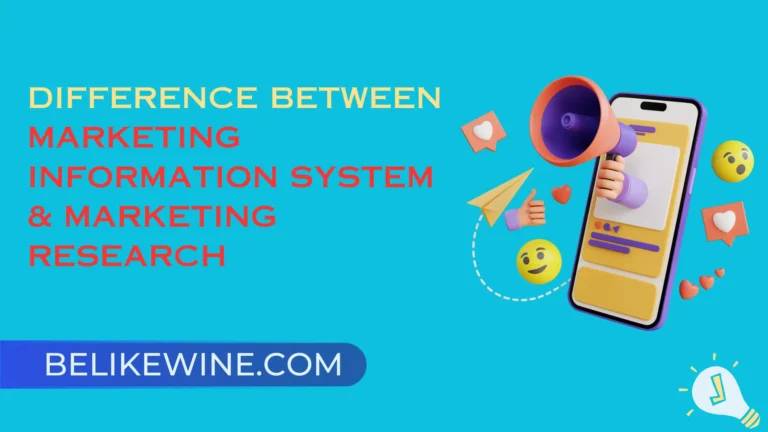9 Features of Marketing Information System (MIS)

The marketing information system contains the necessary data for making important marketing decisions, including facts, opinions, views, guidelines, and policies.
Data is collected from various sources, including customers, competitors, company salesforce, staff, government sources, and specialized agencies.
Table of Contents
Features of Marketing Information System (MIS)
The features of a marketing information system are as follows:
Systematic Process
MIS is a systematic process of collecting and maintaining a record of marketing information. The MIS process includes:
- Collecting marketing information,
- Classification of Data.
- Analyzing marketing data.
- Transmitting the data to marketing decision-makers.
Professional Approach
The adoption of a professional approach toward MIS is essential. The MIS data must be collected, classified, analyzed, and sent systematically to the marketing managers to make proper marketing decisions regarding product design, pricing, promotion, etc. Therefore, a company must;
- select the right staff
- Train the staff of MIS to collect and analyze the data correctly.
- Motivate the staff to work with commitment and dedication.
Continuous in Nature
This feature of MIS is essential. MIS activity is continuous, requiring a constant collection of relevant marketing data related to the environment, such as competitors’ strategies, Government policies, customer requirements, changes in an international environment, etc.
Use of Latest Techniques
MIS uses modern techniques, including sophisticated computers and microfilms. The sophisticated tools and techniques help the MIS staff to collect, store, and process significant information, which can be sent to marketing managers to make effective decisions.
Cost-effective Information
There is no sense in collecting whatever information is available in the market. MIS only collects information that is relevant and cost-effective.
The MIS should provide more benefits to the organization than its incurred costs.
Decision Making
MIS helps in decision-making for marketing mix elements, including product design, pricing, promotion, and distribution.
By making available timely, reliable, relevant information, MIS aids marketing managers in making effective decisions to achieve the goals of marketing departments.
Ensures Regular supply
Making marketing decisions is an ongoing and vital task because of the constant and continuous change in the business environment.
Therefore, MIS ensures a regular supply of information to make effective decisions.
Future-Oriented
For effective business management, marketing managers must be future-oriented. Therefore, It is important for MIS to be able to provide information that can help in resolving any potential issues that may arise in the future.
More focus must be placed on future-oriented information rather than post-oriented information.
Unified and Centralised System
The last feature is the marketing information system is a Unified and Centralised system. There are several information components in every MIS.
Each component involves multiple activities, including data collection, processing, storage, and transmission. It is necessary to integrate the components and activities into a unified system.
The unified system is managed in a centralized place. In other words, information collected by different individuals or sections must be integrated and sorted at a central place.
So, these were the features of a marketing information system, If you have any suggestions to enhance this post, please share them in the comments.
Read more:



